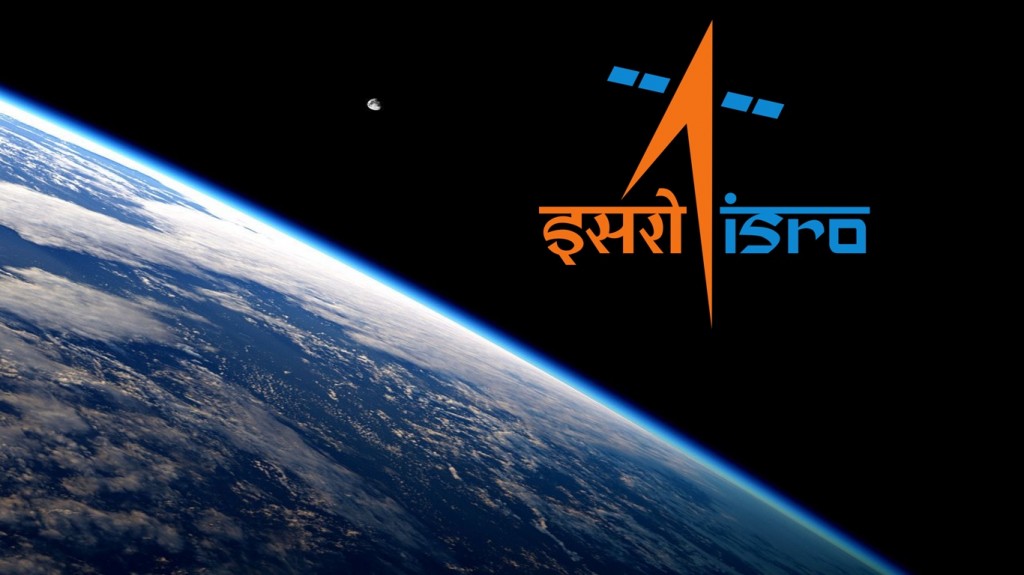
ISRO to mark world record by placing 83 satellites into orbit simultaneously in January 2017
Indian Space Research Organization (ISRO) is going to create a world record by putting 83 satellites into orbit simultaneously in the early of 2017. On a single PSLV-C37 rocket, ISRO will launch total 83 satellites – 80 foreign and 3 Indian satellites – in January 2017. The launch of foreign satellites will be held Foreign as a part of a contract of Antrix Corporation Limited – the commercial arm of ISRO with foreign customers.
80 of the 83 satellites belong to the overseas nations like the US, Israel, Kazakhstan, Netherlands, and Switzerland. Weighing 500 kg, the foreign satellites will accompany three Indian satellites, like Cartosat-2 series, which weights 730 kg as primary payload, and INS-IA and INS-1B, totally weighing 30 kg.
No doubt carrying out such a huge number of satellites at one go will be a little bit hectic for the India space agency. But, if we look back to ISRO’s June space mission under whom the agency successfully launched 20 satellites simultaneously, then the upcoming mission is likely to be a fruitful one. However, the major challenge for the January proposed operation is to cling to the PSLV-C37 in the same course till the ejection of all 83 satellites. As all the satellites will be planted in a solitary trajectory, there will no button to switch on and off the rocket. Hence it can create little hectic for the engineers of ISRO.
If we look at the track records of ISRO, you will find the concept of launching multiple satellites at one go is not new. In past, the India agency has done the same thing several times including the June mission. In June this year, ISRO had successfully ejected 20 satellites, including the earth surveillance Cartosat-2 series, under a single operation through the launcher PSLV-C34. Similarly, in 2008, the space agency successfully transmitted 10 satellites into orbit simultaneously on a single mission.


